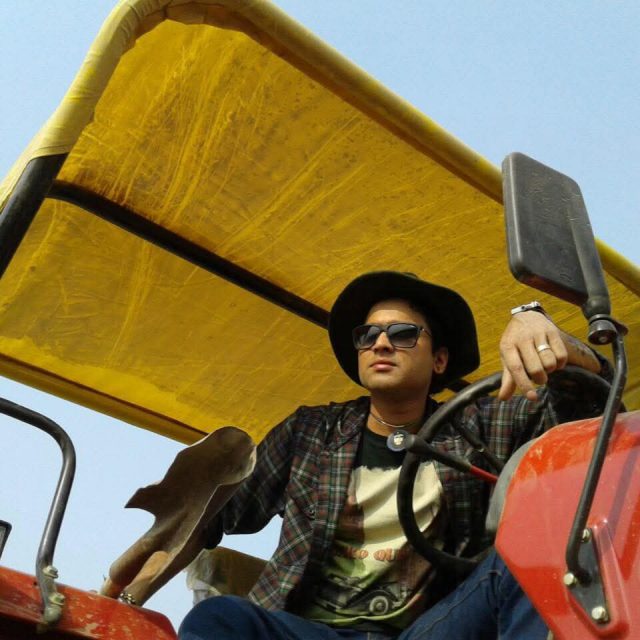 By Ronita Mitra
By Ronita Mitra
Writing about someone who was an icon of one’s formative years and is now no more, is perhaps the most difficult challenge Satish has bestowed upon me. Yes, this is about Zubeen Garg — his music as vast and free as the Himalayas and as deep and unrelenting as the Brahmaputra.
The diverse beauty of North Bengal often softly dissolves into the natural wonders of Assam, and in the same way, music flows seamlessly across these lands. With borders touching Bangladesh, Assam, Bhutan, and Sikkim, North Bengal was always culturally close to the North-East. Naturally, a musician from one part would resonate in the other.

Such was the case with our small-town band, Agni. Its lead singer Raajiv, and I, Roni, as his co-singer wife, were beginning to make some noise in North Bengal in the mid-90s. By then, Zubeen Garg was already a towering figure in Assam and the North-East — his songs back-to-back hits, his voice and vision redefining originality in a way that could stand on any international stage. His “Akha Mor Akha”, “Maya” and many others had already pierced the hearts of countless young listeners. We were no exception.
I still remember one December evening, around 1995, Kalapahar, Guwahati, Assam. Agni was invited to perform in Assam. The venue was brimming with an audience hungry for music. As Raajiv gave sound instructions into his mic, a band member rushed in whispering excitedly: “Raajiv da, I just saw Zubeen. He’s here.”
At first, Raajiv dismissed it — “Galat dekha hoga”. But then came the details — a red Maruti, Zubeen wrapped in a blanket, quietly watching from a distance.
That was enough. Raajiv never admitted it openly, but he knew Zubeen was out there, listening. And when he sang “Akha Mor Akha” that night, it was his silent tribute to the man whose humility and brilliance had already inspired so many. Tears filled his eyes as he sang, knowing the icon was there, somewhere in the shadows.
Years later, sitting in Dehradun, here to make films rooted in Uttarakhand, Raajiv and I often spoke in our musical brainstorm sessions, about why we couldn’t create a pahadi fusion with Assamese folk, why we couldn’t approach Zubeen? Just a day before his passing, I watched an Instagram reel of Zubeen announcing his performance at the North- Eastern Festival in Singapore. And I told Raajiv — even now, after all these years, his voice remains the same rage of the North-East. It has never died down. Shouldn’t we plan the fusion?
But that remained…and the shocking news stopped our hearts!
For us, Zubeen was never just a singer. He was the voice of originality, the proof that one must not copy but sing in one’s own style. For Raajiv and many other musicians in North Bengal, Zubeen was the spark that created a tsunami of musical courage and experimentation. He showed us how local language could become a global sound, how humility and genius could live in the same soul.
Today, as we mourn, we also remember: Zubeen was not just the voice of a region, but the echo of an entire generation. He will remain that eternal rage, that eternal inspiration.
(Ronita Mitra, accomplished creative producer, writer, and storyteller, transitioned from teaching English literature to shaping landmark TV shows, films, and OTT projects with leading studios/ broadcasters. Founder of Mohona Sky Multimedia, her acclaimed short Bouma won IFFI Panorama 50th, National awards nomination 2020; she is now producing Uttarakhand-rooted feature films with Mashakbeen Studios).







